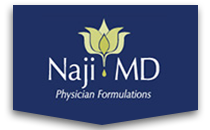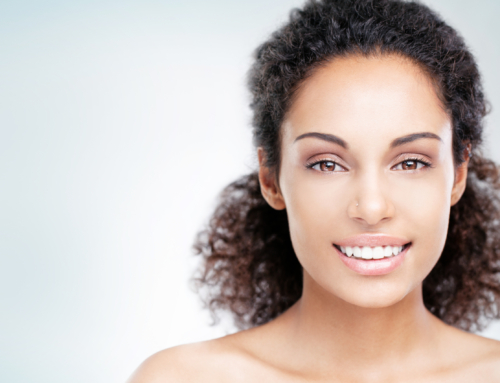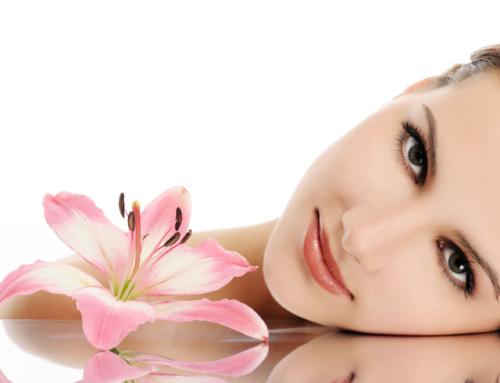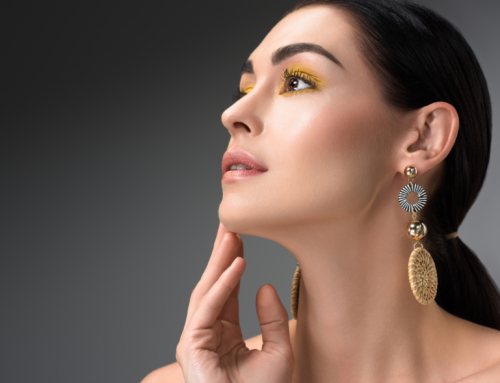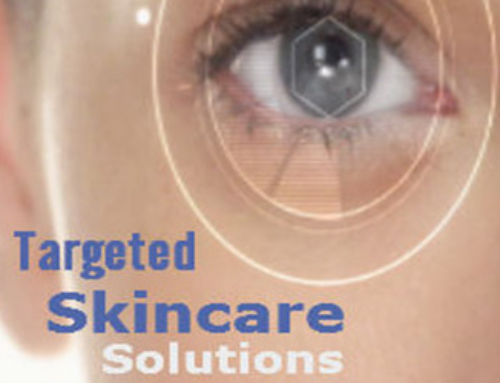Acne is a skin condition that can affect people in many different ways. It can make people feel self-conscious and unhappy with their appearance, but it doesn’t have to be a permanent affliction. With the help of this article, you will find the answers to some of your most commonly asked questions about acne and its treatments.
1) What does your skin look like if you have acne?
A skin with acne can appear red, swollen, and inflamed. The skin may be more visible than usual and may also have some bumps or pimples on it. Sometimes people with acne also have a small hard nodule on the skin.
The skin surrounding the acne is usually oily, red, and irritated. It could also be dry and even flaking off. This can cause the skin to appear in different colors.
2) What causes acne?
Acne is caused by the overproduction of oil, which causes the glands in your skin to produce too much oil. This can be due to hormonal changes, stress, diet or a number of other reasons.However, what you eat can also play a role in how your body reacts to these changes (and whether or not it will cause acne). Foods that are high in fat are bad for your skin because they cause inflammation and breakouts. Some foods that should be avoided entirely include chocolate, greasy foods and processed foods.
Acne is primarily caused by two things: clogged pores and over production of oil. Oil gets trapped in the hair follicle, causing blackheads and whiteheads. The overproduction of oil causes inflammation, which only worsens acne problems.
3) Why does acne appear most often in teenagers?
Acne appears most often in teens because hormonal changes cause the sebaceous glands (found in your skin, on the surface of your scalp, and in your armpits) to produce more oil than normal. This excess oil can block pores in those areas that are at an increased risk. The remaining pores become inflamed and painful. Sometimes scarring can occur from these acne scars
4) Why do some adults have acne?
Adult acne is caused by a combination of genetics and hormonal changes in the body. It can be caused by: Hormone imbalance (testosterone too high or too low); Pregnancy, radiation treatments and menopause; Stagnant liver, kidney or thyroid function; Using saunas and steam rooms (which release an excessive amount of toxins that can cause inflammation); Taking oral contraceptives and hormone replacement therapy (hormone imbalance); Stress; Excessive sweating (heat)
5) Acne During Pregnancy
There are a few causes of pregnancy acne. The most common cause is hormonal changes in pregnancy that affect the skin. If you are pregnant, your body makes more estrogen which can cause hormonal acne and also clogs pores on your face. Other causes for pregnancy acne include:Pregnancy Acne Causes✓ Changes in hair and oil production (follicular hyper-secretion)✓ Changes in sebum production (acne)✓ Dry skin caused by increased need for water (dehydration)✓ Changes in scalp pores (acne)✓ Increased levels of male hormones that affects the same areas as pregnant women (acne)Plus many other factors including diet, stress and sleep disturbances.
6) Does diet affect acne?
Diet is one of the major causes of acne and can definitely affect its severity. The foods you eat have a direct impact on your skin, as food is directly absorbed by the body androgen hormones are produced from these foods. That means that if you eat high glycemic foods, such as white bread, white rice or pasta for example, your blood sugar levels will be higher than normal. This way insulin levels will increase. Insulin helps to transport glucose into cells but it also regulates the activity of testosterone and estrogen in the body. If you consume excess carbohydrates during a period where your insulin levels are high, this could lead to an overproduction of androgens which cause acne flare-ups.
7) Acne Treatment Products
NajiMD has a variety of treatments for acne to help alleviate the problem. All of their products are 100% natural and non-irritating. Their line includes cleansers, moisturizers, serums, and more that combat acne from all angles.
NajiMD’s products follow the three-step process of cleansing, exfoliation, and hydration to help your skin maintain its natural glow.
8) Are Acne and Rosacea The Same Thing?
Acne is a skin disorder that’s characterized by pimples and zits on the face. It can be mild or severe and it usually goes away without treatment within two to four weeks. Rosacea, on the other hand, is a chronic (long-term) condition with no known cure. It tends to appear on both cheeks, nose and chin of adults but often only in one side of the face. People with rosacea are more likely to develop a second rosacea flare-up around their time of 50 years old.The difference between acne and rosacea is the timeline for when you have the problem; Acne tends to appear at a younger age while Rosacea typically affects adults over 30 years.
9) How long does it take for acne to go away
Acne is a complex condition that can take months, even years, to resolve. There are many factors that come into play: severity of your acne, genes, hormones, diet and stress level. As a general rule of thumb, if you have mild acne (think pimples) that isn’t breaking out on your chin or jawline where you can see it in the mirror then it will go away within 2-3 months once you start treating it appropriately. If you have severe acne (think cystic acne), which is more than just a pimple then it could take up to 6 months.
10) Will my acne scar ever go away?
For most people, acne scarring is permanent. The inflamed tissue that forms the scar appears darker than the surrounding skin and the scars will never completely fade. It’s estimated that 95 percent of people who suffer from acne experience mild to moderate scarring.
The formation of scars can be prevented with proper skin care and treatment; however, genetics may play a role in their development.
Some acne treatments can be found in your own kitchen, while others require a trip to the grocery store. Acne treatments range from topical creams to home remedies that focus on diet and hydration. In many cases, the best way to prevent acne is to maintain a healthy lifestyle filled with lots of sleep and exercise.
